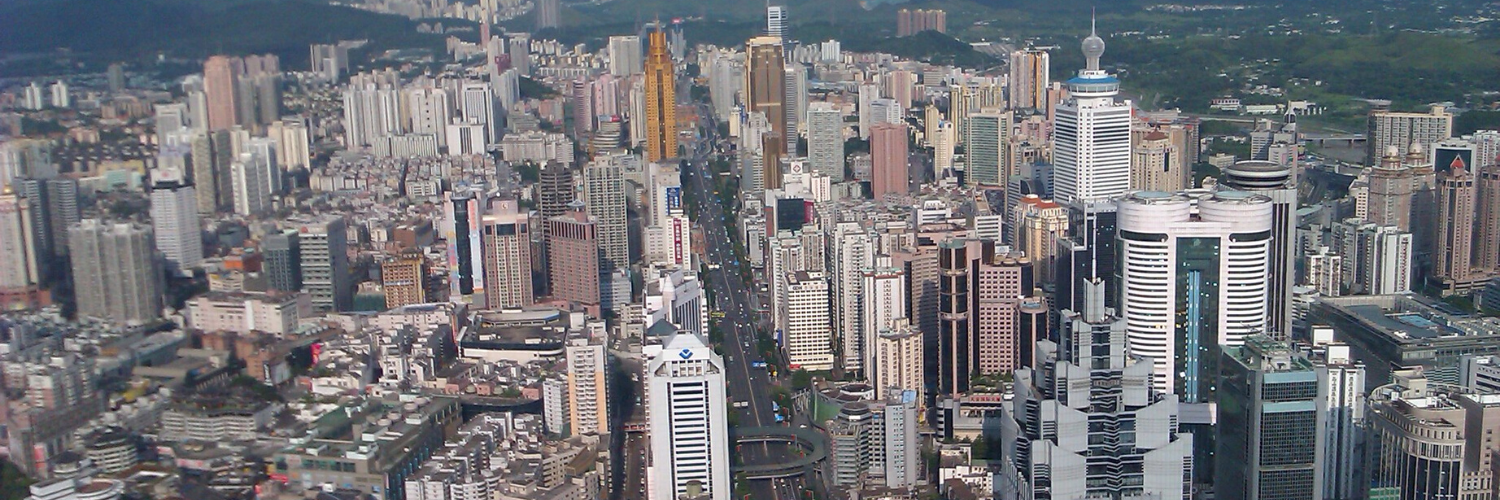Written by: Sean Fleming
The breakneck speed of China’s economic and urban growth has gone hand in hand with some of the worst traffic congestion anywhere in the world. But in one city, a new development promises a glimpse of what a car-free future might look like.
The tech and industrial conglomerate Tencent is behind plans to radically redevelop a 132 hectare stretch of docklands in Shenzhen, creating an area known as Net City – which will be almost entirely free of cars.
The Net City project will see the construction of 200 hectares of office, commercial, retail and residential property built in Shenzhen’s Dachanwan port area. There will be space for schools, parks, and leisure facilities, but not for cars, according to a report from the South China Morning Post.
The area is ostensibly intended to be Tencent’s new campus, but it will be accessible to members of the public, too. Buildings will be equipped with solar panels, rainwater will be collected and recycled, and flood defence barriers will be created around the shoreline using mangroves.
Being a high-tech development, internet-connected sensors will be used to monitor the environment, tracking flooding and other concerns.
Rethinking cities
Shenzhen is one of China’s fastest-growing metropolitan areas. At the turn of the century, it was home to around 6.5 million people. Today, more than 12 million people live there and by 2035 its population is expected to exceed 15 million.
It’s not the only city starting to rethink its relationship with cars.
Barcelona has several car-free superblocks already in operation and plans to create as many as 500 more. A superblock is a network of multiple neighbourhood blocks that have been pedestrianized.
The Barcelona Institute for Global Health estimates the number of journeys made by private vehicles could be reduced by 230,000 a week across the city, and almost 700 premature deaths per year could be avoided, if the superblock plan goes ahead.
Meanwhile, across the US, there are similar plans to restrict vehicle access and open areas of cities up to pedestrians and public transport.
Putting people first
Private cars are a big part of life in our urban areas. But they also cause noise pollution, raise air temperatures and reduce opportunities for physical activity, according to the European Commission.
They contribute significantly to a city’s air pollution, too, so cutting harmful exhaust emissions by reducing the number of cars used could have sizeable health and economic benefits.
More than 80% of people living in urban areas that monitor air pollution are exposed to air quality levels that exceed guideline limits from the World Health Organization (WHO).
And air pollution costs the world more than $5 trillion from decreased productivity every year, according to the World Economic Forum’s Global Risk Report 2020. More than two-thirds of those who participated in a survey for the report said they expect the harm done to people’s health from pollution will worsen.
Header Image Credit: Yotut/Flickr (CC BY 2.0)
Republished with permission from World Economic Forum







